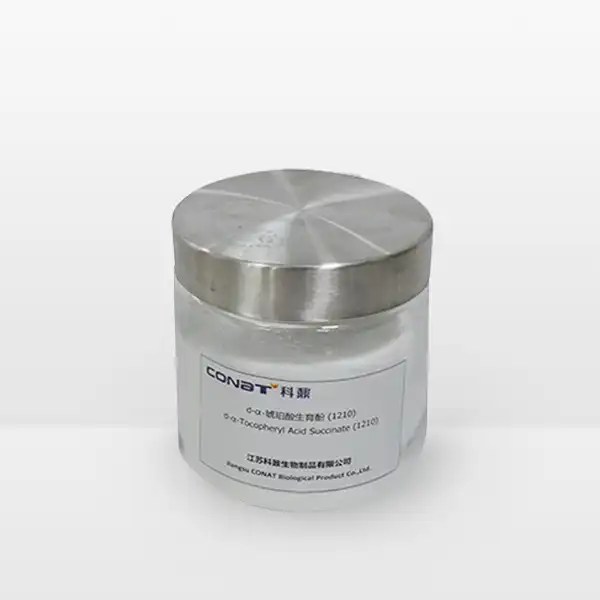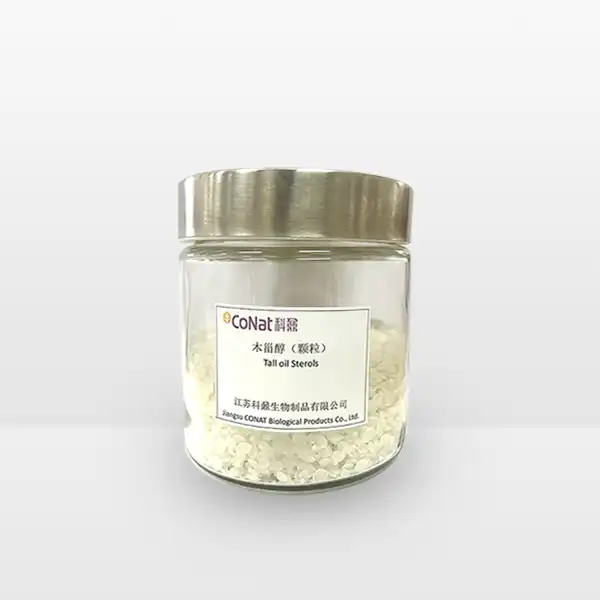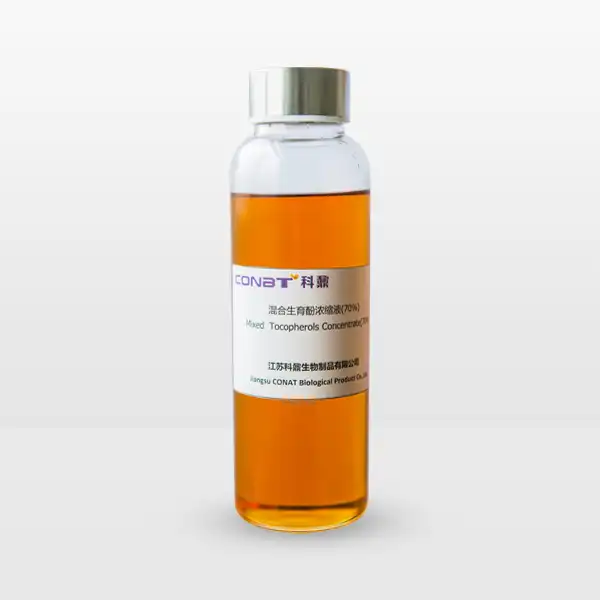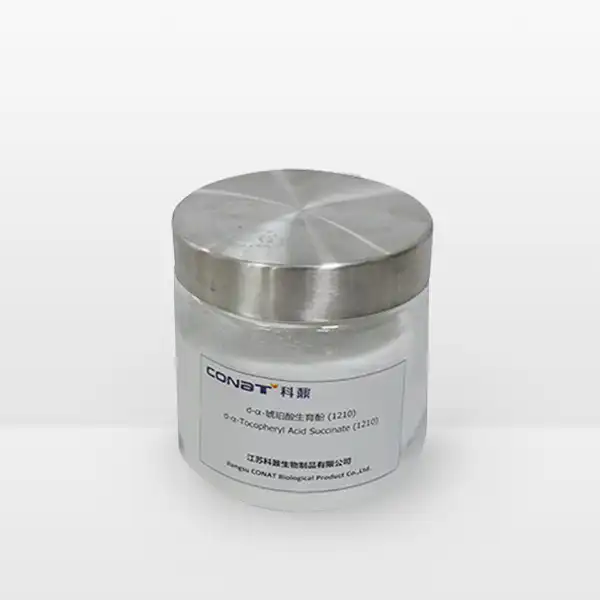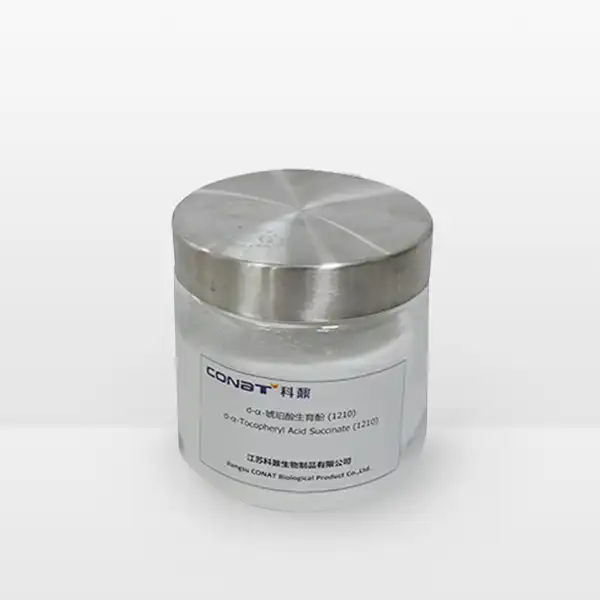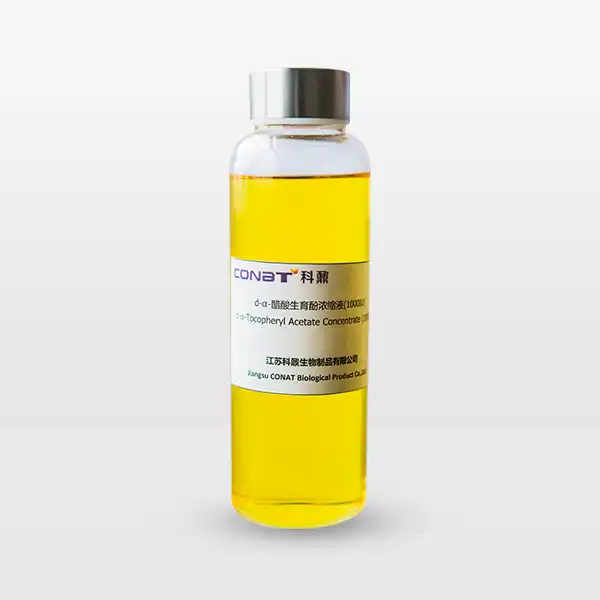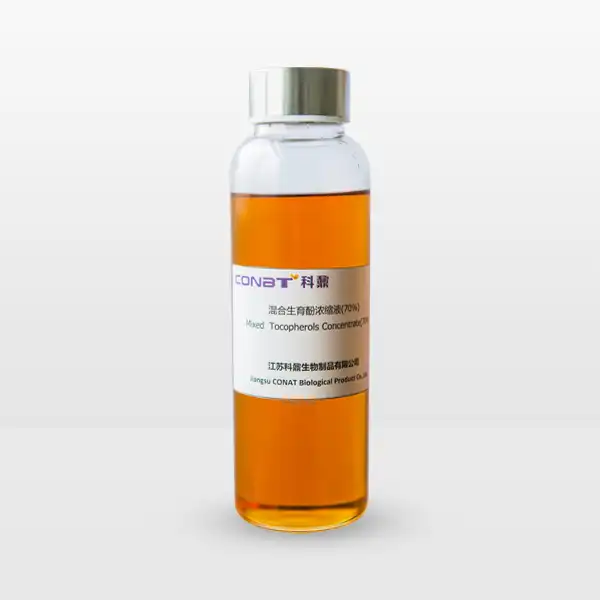- English
- French
- German
- Portuguese
- Spanish
- Russian
- Japanese
- Korean
- Arabic
- Greek
- German
- Turkish
- Italian
- Danish
- Romanian
- Indonesian
- Czech
- Afrikaans
- Swedish
- Polish
- Basque
- Catalan
- Esperanto
- Hindi
- Lao
- Albanian
- Amharic
- Armenian
- Azerbaijani
- Belarusian
- Bengali
- Bosnian
- Bulgarian
- Cebuano
- Chichewa
- Corsican
- Croatian
- Dutch
- Estonian
- Filipino
- Finnish
- Frisian
- Galician
- Georgian
- Gujarati
- Haitian
- Hausa
- Hawaiian
- Hebrew
- Hmong
- Hungarian
- Icelandic
- Igbo
- Javanese
- Kannada
- Kazakh
- Khmer
- Kurdish
- Kyrgyz
- Latin
- Latvian
- Lithuanian
- Luxembou..
- Macedonian
- Malagasy
- Malay
- Malayalam
- Maltese
- Maori
- Marathi
- Mongolian
- Burmese
- Nepali
- Norwegian
- Pashto
- Persian
- Punjabi
- Serbian
- Sesotho
- Sinhala
- Slovak
- Slovenian
- Somali
- Samoan
- Scots Gaelic
- Shona
- Sindhi
- Sundanese
- Swahili
- Tajik
- Tamil
- Telugu
- Thai
- Ukrainian
- Urdu
- Uzbek
- Vietnamese
- Welsh
- Xhosa
- Yiddish
- Yoruba
- Zulu
What is Food Grade Vitamin E Powder?
In the vast world of nutritional supplements, food grade vitamin E powder stands out as a versatile and powerful ingredient that has captured the attention of health enthusiasts, food manufacturers, and researchers alike. This remarkable compound, derived from natural sources, represents a concentrated form of one of the most essential antioxidants known to science. From its molecular structure to its wide-ranging applications in food, cosmetics, and dietary supplements, food grade vitamin E powder embodies the intersection of nutrition, health, and innovative scientific research.
How Does Food Grade Vitamin E Powder Differ from Other Vitamin E Supplements?
Food grade vitamin E powder is not just another supplement on the shelf. It represents a meticulously processed, highly refined form of vitamin E that meets stringent quality and safety standards for direct food and pharmaceutical applications. Unlike standard vitamin E supplements, this specialized powder undergoes rigorous purification processes that ensure maximum purity, bioavailability, and safety for human consumption.
The primary distinction lies in its production methodology. While many vitamin E supplements are produced using less stringent manufacturing processes, food grade vitamin E powder must comply with extensive regulatory requirements. These regulations demand exceptional levels of purity, minimal contamination, and precise concentration of active vitamin E compounds, typically alpha-tocopherol.
Manufacturers of food grade vitamin E powder employ advanced extraction techniques that preserve the vitamin's molecular integrity. These methods often involve careful separation from natural sources like vegetable oils, typically soybean or sunflower oil, using sophisticated molecular distillation processes. The result is a fine, white or off-white powder that contains concentrated vitamin E in its most stable and bioactive form.
The food grade classification means this powder can be directly integrated into food products, nutritional supplements, and pharmaceutical formulations without additional processing. This makes it incredibly valuable for food manufacturers, nutritional supplement companies, and health product developers who require a consistent, high-quality vitamin E source.
Key characteristics that set food grade vitamin E powder apart include:
- Exceptional purity levels exceeding 95%
- Consistent molecular composition
- Stable oxidative properties
- Precise concentration of active vitamin E compounds
- Compatibility with various manufacturing processes
- Minimal sensory impact when incorporated into products
Food scientists and nutritionists appreciate this powder's versatility. It can be easily dispersed in oil-based or dry formulations, making it an ideal ingredient for multivitamins, fortified foods, functional beverages, and advanced nutritional products.
What Are the Primary Health Benefits of Consuming Food Grade Vitamin E Powder?
The health benefits of food grade vitamin E powder extend far beyond simple nutritional supplementation. As a potent antioxidant, vitamin E plays a crucial role in protecting human cells from oxidative stress, which is increasingly recognized as a fundamental mechanism underlying numerous chronic health conditions.
Cellular protection represents the cornerstone of vitamin E's health benefits. Free radicals, unstable molecules that can damage cellular structures, are constantly produced through metabolic processes and environmental exposures. Vitamin E neutralizes these harmful molecules, preventing potential damage to cell membranes, proteins, and genetic material.
Cardiovascular health emerges as a primary area where food grade vitamin E powder demonstrates significant potential. Numerous scientific studies have investigated its role in maintaining healthy blood vessels, preventing LDL cholesterol oxidation, and supporting overall heart function. The antioxidant properties help reduce inflammation within blood vessel walls, potentially mitigating risks associated with atherosclerosis and other cardiovascular diseases.
Immune system support represents another critical benefit. Vitamin E enhances immune cell function, particularly T-lymphocytes, which are essential for mounting effective immune responses. By supporting these cellular defenders, food grade vitamin E powder contributes to more robust immune system performance, helping the body resist infections and maintain optimal health.
Skin health receives substantial benefits from consistent vitamin E supplementation. The powder's antioxidant properties protect skin cells from UV radiation damage, support collagen production, and promote faster wound healing. Many dermatological studies have demonstrated vitamin E's capacity to reduce skin inflammation, minimize signs of aging, and support overall skin regeneration processes.
Neurological health represents an emerging research frontier for vitamin E. Preliminary studies suggest that this powerful antioxidant might play a protective role against age-related cognitive decline. By reducing oxidative stress in brain tissues, vitamin E could potentially slow neurological aging processes and support long-term cognitive function.
Metabolic health also benefits from food grade vitamin E powder. Research indicates its potential in improving insulin sensitivity, regulating glucose metabolism, and supporting overall metabolic efficiency. These properties make it particularly interesting for individuals managing metabolic disorders or seeking comprehensive nutritional support.
How Is Food Grade Vitamin E Powder Manufactured and Processed?
The manufacturing of food grade vitamin E powder represents a sophisticated intersection of agricultural science, chemical engineering, and stringent quality control processes. From initial extraction to final packaging, each stage is carefully monitored to ensure the highest standards of purity and efficacy.
The journey begins with selecting premium natural sources, predominantly vegetable oils rich in vitamin E. Soybeans, sunflowers, and wheat germ represent primary sources, each offering unique tocopherol profiles. Sustainable agricultural practices are increasingly emphasized, with manufacturers prioritizing non-GMO and organic source materials.
Extraction processes employ advanced techniques like molecular distillation and supercritical fluid extraction. These methods allow for precise separation of vitamin E compounds from other oil components, ensuring maximum concentration and minimal degradation. Molecular distillation, in particular, uses carefully controlled temperature and pressure conditions to isolate tocopherols with exceptional precision.
Purification represents the next critical stage. Multiple filtration steps remove potential contaminants, ensuring the powder meets food-grade specifications. Techniques such as hydrogen absorption, activated carbon filtration, and advanced membrane technologies are employed to achieve exceptional purity levels.
Standardization ensures consistent product quality. Manufacturers use sophisticated analytical techniques like high-performance liquid chromatography (HPLC) to confirm the exact composition and concentration of vitamin E compounds. This process guarantees that each batch maintains identical nutritional profiles and meets regulatory standards.
Quality control extends beyond chemical analysis. Microbiological testing screens for potential microbial contamination, while stability studies evaluate the powder's performance under various environmental conditions. These comprehensive assessments ensure that food grade vitamin E powder remains stable, effective, and safe throughout its intended shelf life.
Packaging plays a crucial role in maintaining the powder's integrity. Specialized moisture-resistant, oxygen-barrier containers protect against environmental degradation. Many manufacturers incorporate additional technologies like nitrogen flushing to further preserve the vitamin's molecular structure and prevent oxidation.
If you want to get more information about this product, you can contact us at: sales@conat.cn.
References
1. Traber, M. G. (2014). Vitamin E adequacy: To what level should we raise it? Annals of the New York Academy of Sciences, 1313(1), 5-15.
2. Rizvi, S., Raza, S. T., Ahmed, F., Ahmad, A., Abbas, S., & Mahdi, F. (2014). The role of vitamin E in human health and some diseases. Sultan Qaboos University Medical Journal, 14(2), e157.
3. Brigelius-Flohé, R., & Traber, M. G. (1999). Vitamin E: function and metabolism. The FASEB Journal, 13(10), 1145-1155.
4. Zingg, J. M. (2007). Vitamin E: an overview of its current research and future directions. Free Radical Biology and Medicine, 43(1), 2-15.
5. Jiang, Q. (2014). Natural forms of vitamin E: metabolism, antioxidant, and anti-inflammatory activities. Free Radical Biology and Medicine, 72, 76-90.
6. Marilou, V. A., & Manuel, B. (2015). Vitamin E bioavailability: implications for human health. Nutrition Reviews, 73(4), 255-267.
7. Liu, M., Wallmon, A., Olsson-Mortlock, C., Wallin, R., & Saldeen, T. (2003). Effects of RRR-α-tocopherol and moderately and weakly acidic tocopherols on atherogenesis. Free Radical Biology and Medicine, 34(11), 1512-1519.
8. Lee, G. Y., & Han, S. N. (2018). The role of vitamin E in immunity. Nutrients, 10(11), 1614.
9. Meydani, S. N. (1995). Vitamin E and immune function. Proceedings of the Nutrition Society, 54(3), 747-765.
10. Hayes, A. W. (Ed.). (2007). Principles and Methods of Toxicology (5th ed.). CRC Press.
